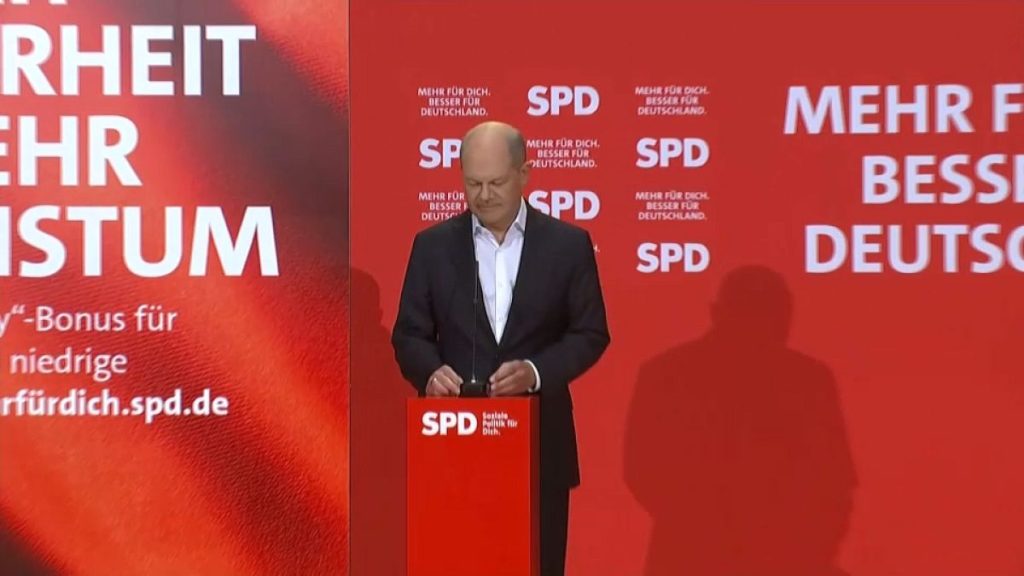German Chancellor Olaf Scholz has condemned Elon Musk for endorsing Germany’s far-right Alternative for Germany (AfD) party ahead of the upcoming elections. Musk has publicly expressed support for the AfD on his social media platform X, claiming that only the AfD can save Germany. Government officials have accused Musk of election interference, as his comments come just weeks before the general elections on February 23. Scholz criticized Musk for supporting a party that is considered to be right-wing extremist and expressed concern about the tech mogul’s involvement in the election process. The chancellor highlighted the role of media and algorithms in shaping public opinion, emphasizing the need to reject such influences.
In response to Musk’s endorsement of the AfD, Scholz pointed out that the Social Democratic Party (SDP) has had to defend itself against attacks from wealthy entrepreneurs in the past. However, he noted that the involvement of a global media entrepreneur like Musk, along with algorithms that control how opinions are formed, presents a new challenge. Scholz rejected reports suggesting that he was planning to meet with Russian President Putin, calling the claim false and deeply indecent. He emphasized the importance of not spreading misinformation and urged people to be vigilant against false allegations.
Musk’s support for the AfD has sparked controversy in Germany, with government officials accusing him of meddling in the country’s elections. The endorsement from the American billionaire has drawn criticism from Chancellor Scholz and raised concerns about the influence of wealthy individuals on political processes. Scholz emphasized the need to reject support for right-wing extremist parties and highlighted the role of media and algorithms in shaping public opinion. The chancellor also dismissed rumors of a meeting with Russian President Putin, denouncing false claims and urging people to be cautious about misinformation.
The timing of Musk’s endorsement of the AfD has raised suspicions of election interference, as Germany prepares for its general elections in February. Scholz condemned the tech mogul’s support for a party that is associated with extremism and criticized his attempts to influence the election. The chancellor emphasized the need to reject such interference and raised concerns about the role of media and algorithms in shaping public opinion. Scholz also dismissed rumors of a planned meeting with Russian President Putin, calling the claims false and indecent, and highlighting the importance of verifying information before spreading it.
The controversy surrounding Musk’s endorsement of the AfD has highlighted the challenges posed by wealthy individuals using their influence to support political parties. Scholz’s condemnation of Musk’s actions reflects a broader concern about the impact of outside interference on democratic processes. The chancellor’s rejection of false claims and misinformation underscores the importance of upholding the integrity of the election process and staying vigilant against attempts to manipulate public opinion. The situation serves as a reminder of the need for transparency and accountability in political discourse, especially in the digital age where algorithms can play a significant role in shaping narratives and influencing perceptions.


